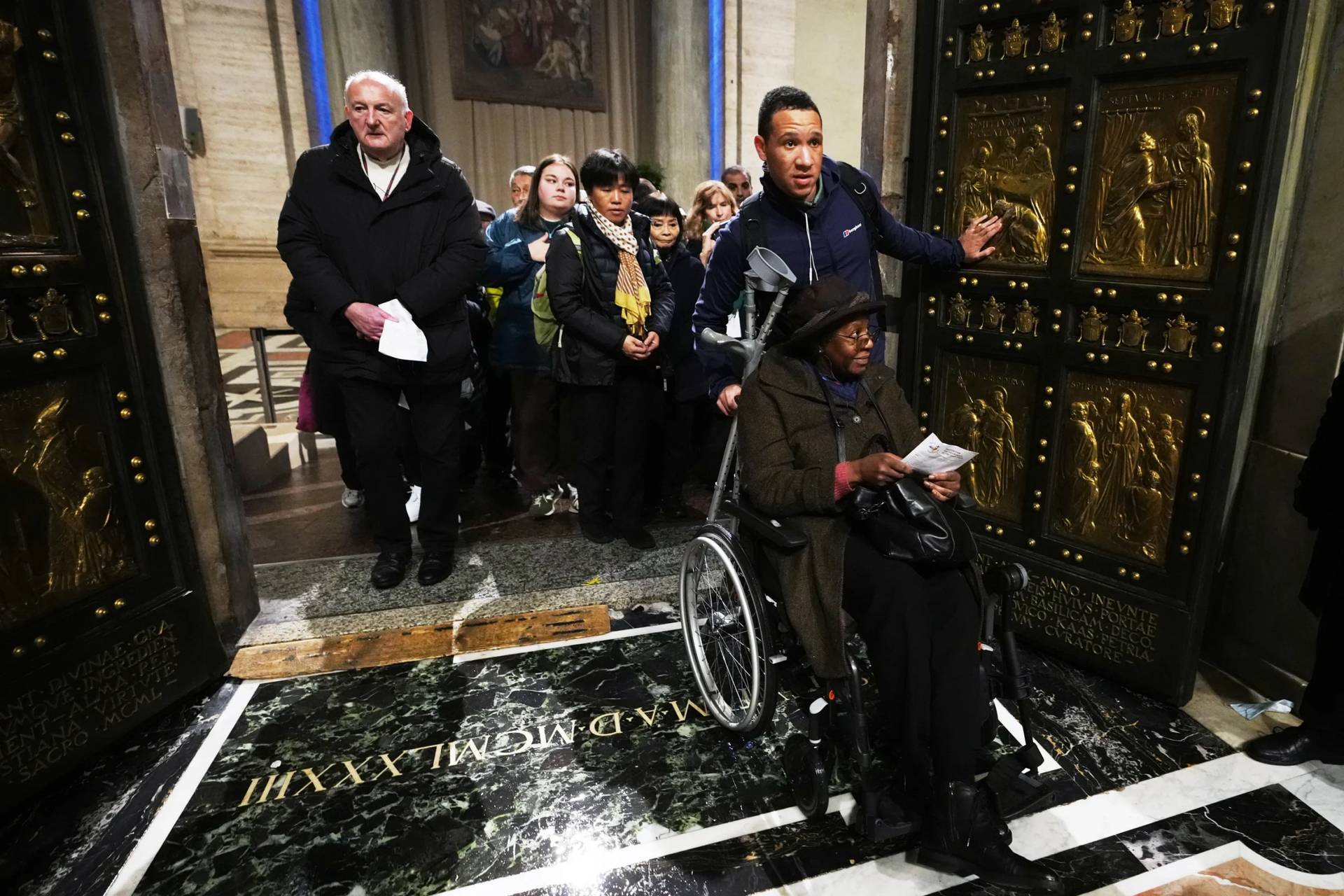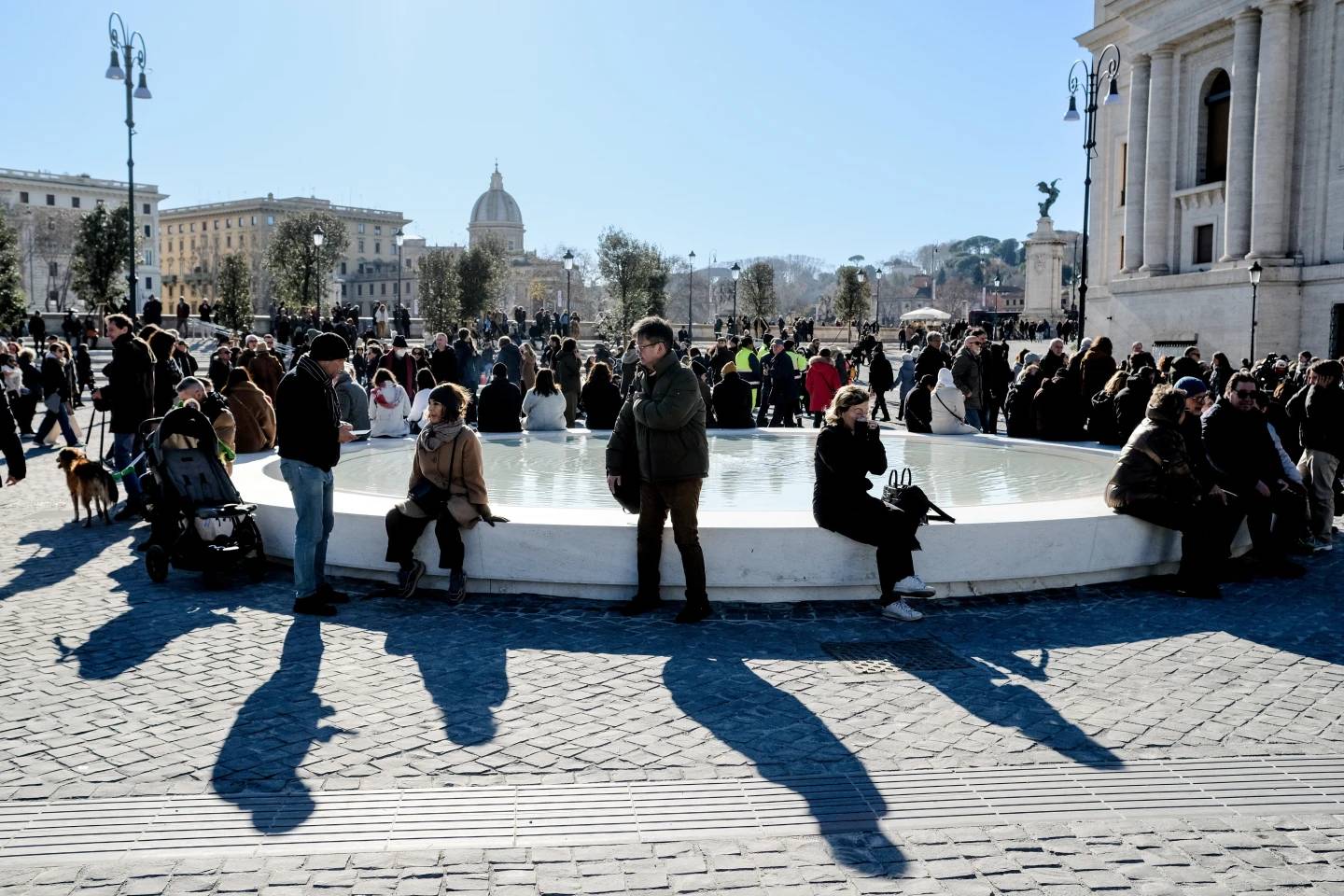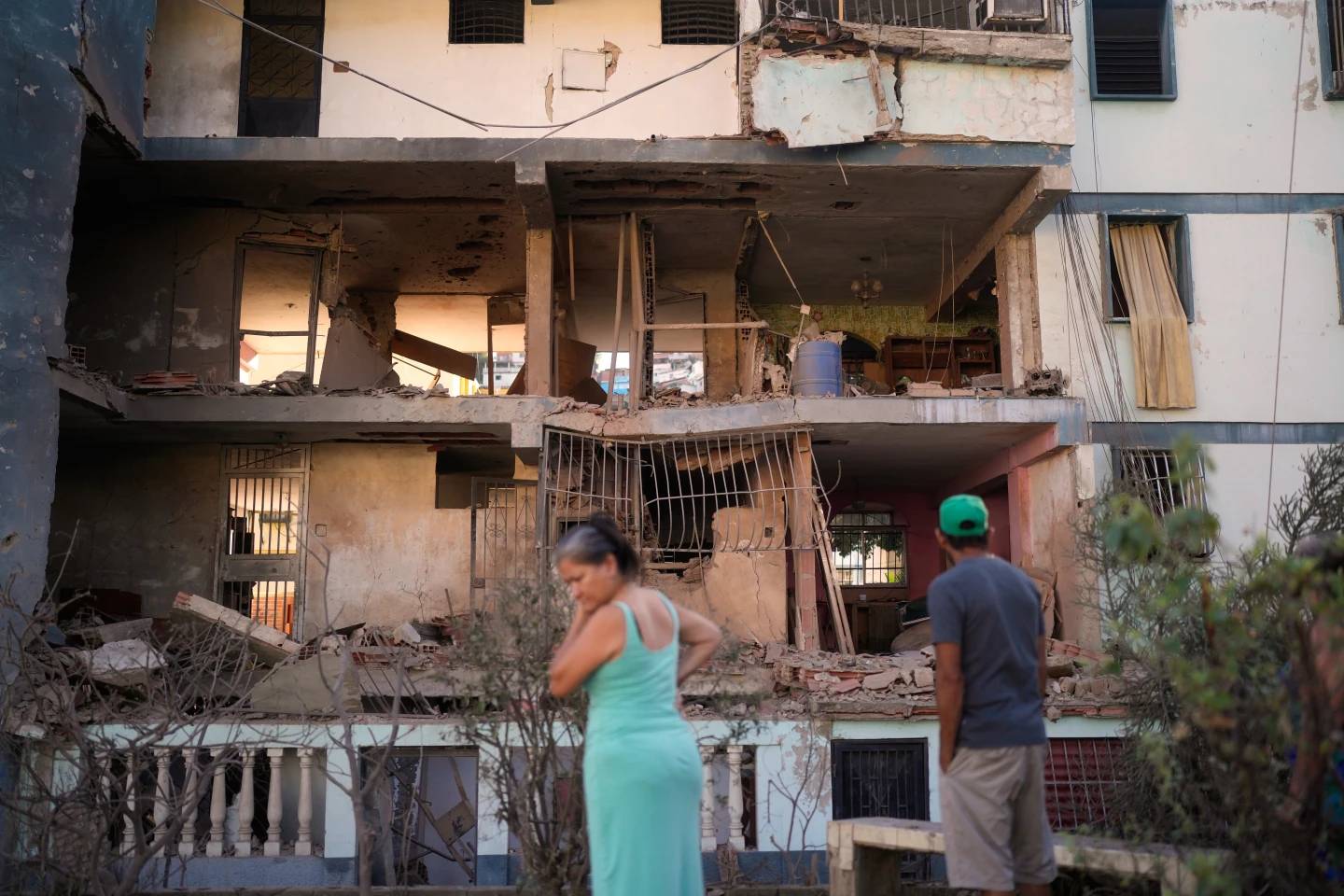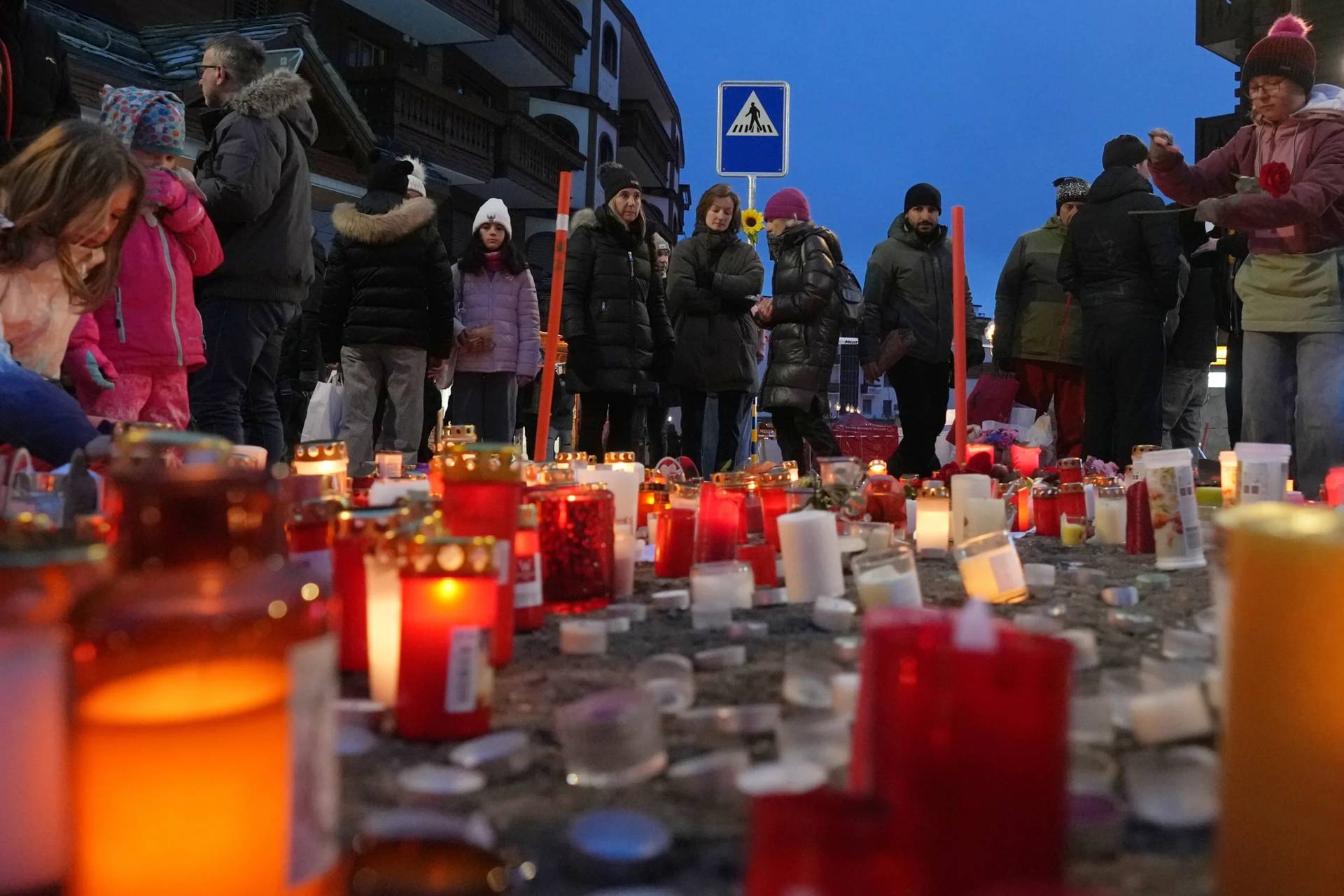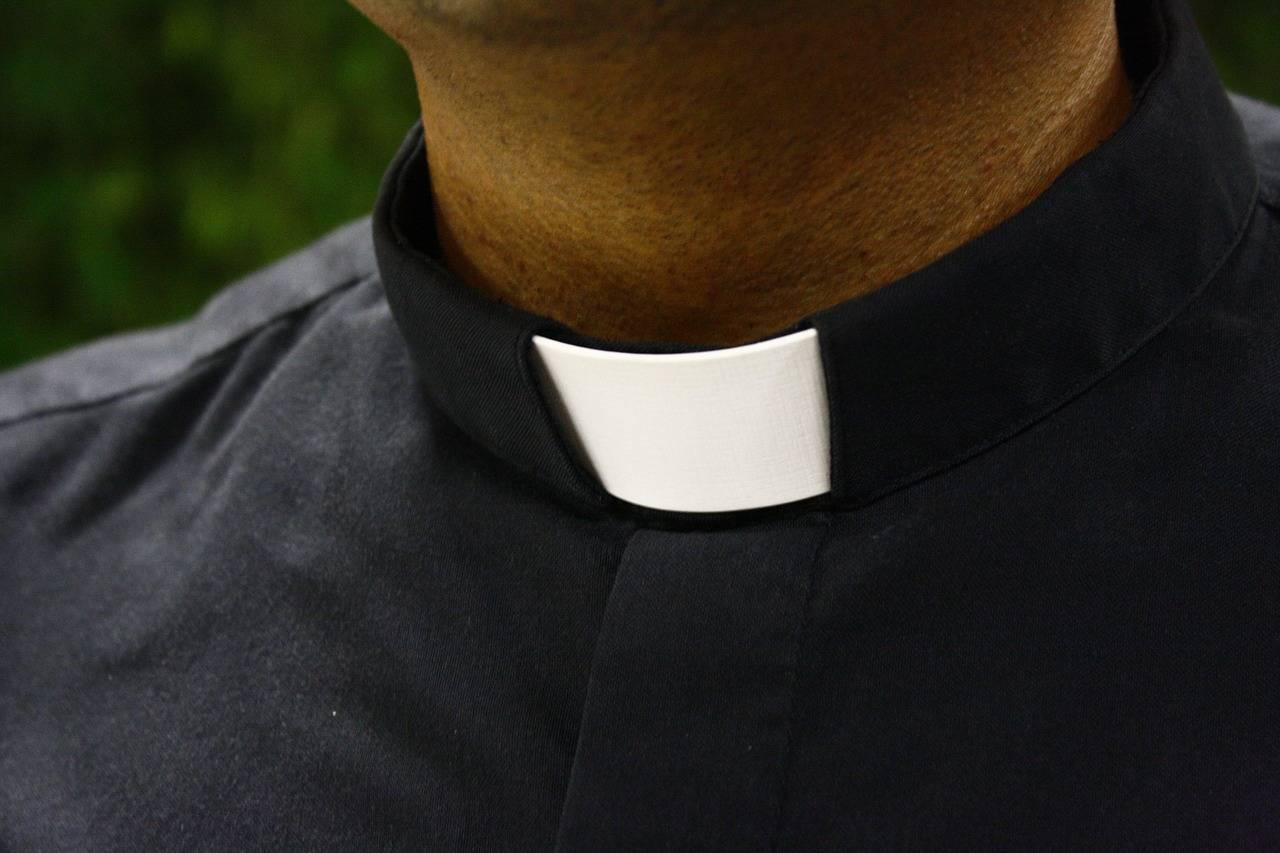MANILA, Philippines — The Philippine military and police have asked the president to extend martial law he declared in the country’s south by a year because of continuing threats from pro-Islamic State group militants and communist guerrillas, officials said Friday.
Interior Undersecretary Catalino Cuy said the national police want President Rodrigo Duterte to extend martial law, which expires on Dec. 31, to allow them to continue offensives against Muslim militants who eluded capture during a five-month siege of southern Marawi city and against other extremist groups.
Military spokesman Maj. Gen. Restituto Padilla said the military has made a similar recommendation to Duterte so it can press efforts against Muslim extremists and communist New People’s Army guerrillas, whose attacks have affected businesses and the economy.
Duterte imposed martial law in May to deal with the Marawi siege, which troops quelled in October. Left-wing groups have protested martial law because of human rights concerns, but the Supreme Court has upheld its legality.
“We have not contained all the threat groups,” Cuy said by telephone. “They’re still there.”
Martial law will help the government and troops rebuild Marawi faster, he said.
The Marawi siege left more than 1,100 combatants and civilians dead, including more than 900 Filipino and foreign militants. The violence displaced about half a million people and turned mosque-studded Marawi’s central business and residential districts into a smoldering war zone.
The militant uprising that began on May 23 prompted Duterte to declare martial law across the southern Mindanao region and reinforced fears that the Islamic State group was taking steps to gain a foothold in Asia and elsewhere as it faced major battle setbacks in Syria and Iraq.
Although several militant leaders were killed in the intense fighting in Marawi, some gunmen and commanders managed to escape, Padilla said.
“Although they have significantly been degraded in terms of capability and manpower, those who survived that siege still remain at large and are attempting to recover by recruiting other members of the society, particularly the vulnerable sector of our population,” Padilla told reporters. “We still need the cover of martial law to address that bigger threat that they pose in other areas.”
Communist guerrilla attacks have increased considerably, with the estimated damage to government and business, including burned construction equipment, rising by 2,000 percent to about 2.4 billion pesos ($47 million) this year, Padilla said.
Duterte has called off peace talks with the Maoist rebels to protest their deadly attacks on government forces and moved to designate them as terrorists under the law. He indicated, however, that he is still open to a resumption of the talks if the communist insurgents stop their assaults. “Let’s give time for a cooling off with the Communist Party of the Philippines,” Duterte said in a speech on Friday.
Duterte and his aides have not said if he will extend martial law, but he has strongly argued the need for it to prevent attacks and contain the movement of militants in the south, the scene of decades-long Muslim rebellions in the largely Catholic nation.
In a statement on Nov. 26, Bishop Edwin de la Peña of the Prelature of St. Mary’s in Marawi, said he did not favor the extension of martial law.
The bishop added that “if it had to be extended based on the assessment of the military, it should be limited to areas of tension (Ground Zero, for example), to facilitate the rehabilitation and reconstruction of the city.”
De la Peña said the decision should be made by the people of Marawi themselves, and said the mission of the Church “is to accompany the Meranaws and be a supporter to their struggles.”
Crux staff contributed to this report.










